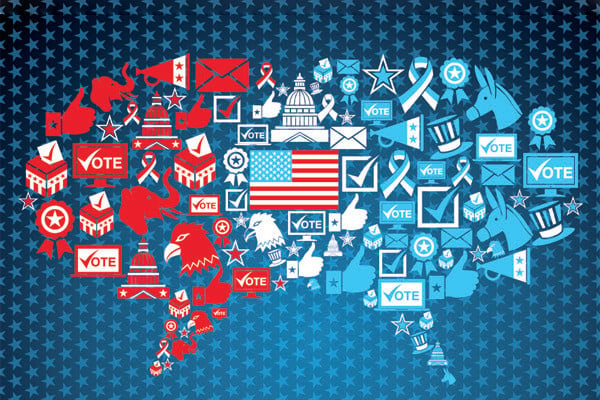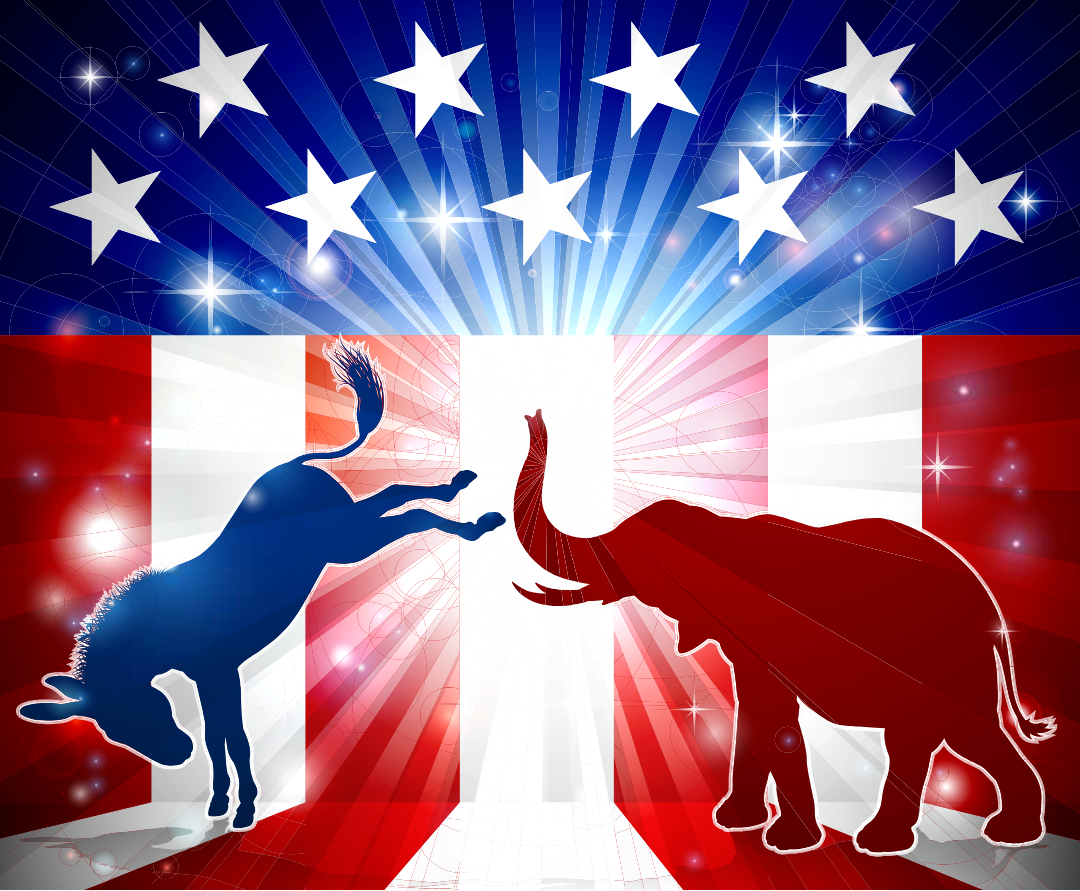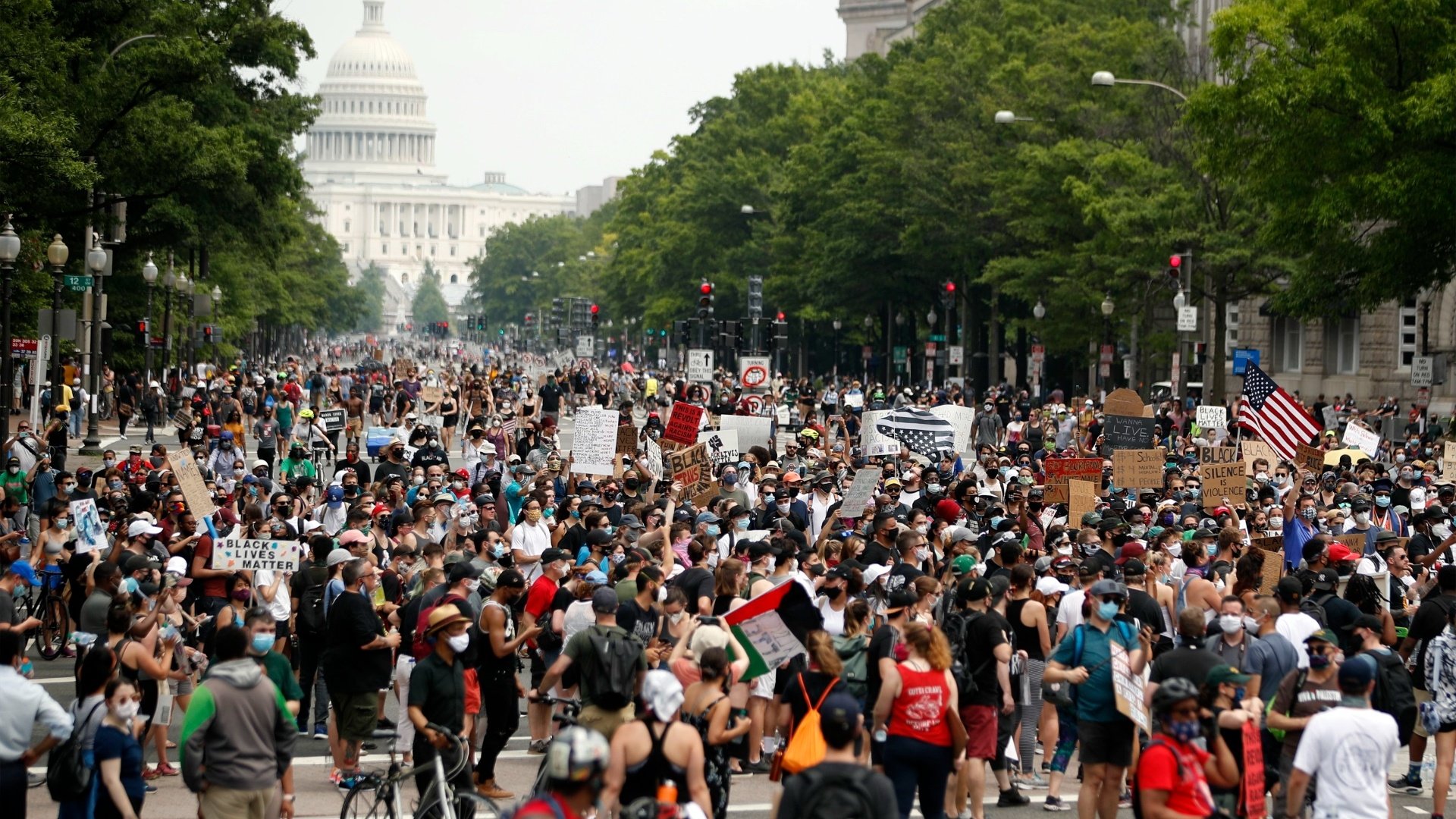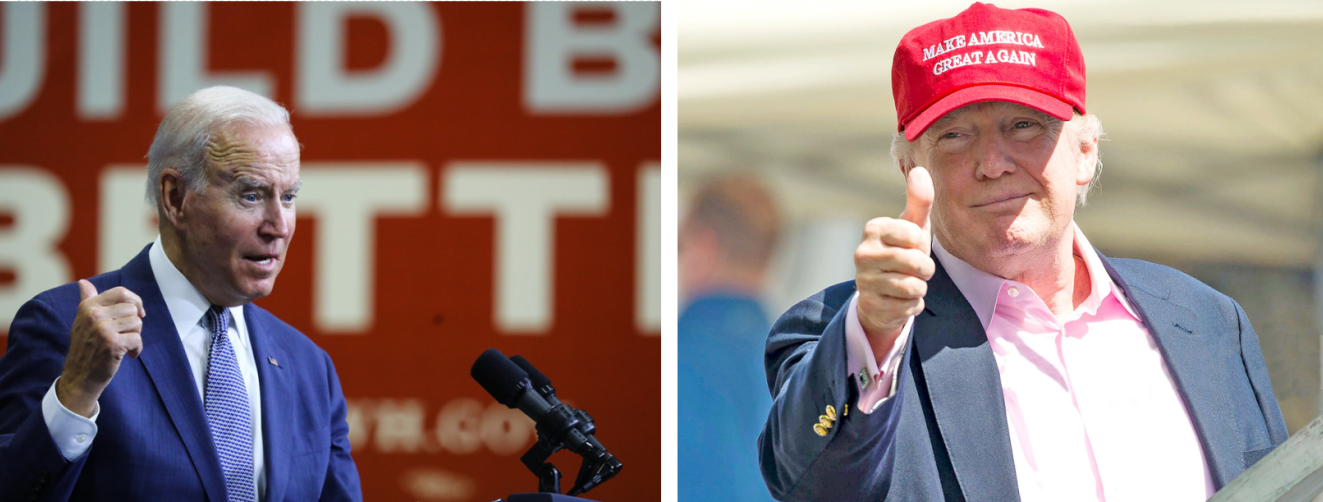The scoop on the psychological undercurrents driving affective polarization in American politics.
What to Know:
-
Polarization arises from ideology, technology, culture, and economics.
-
Affective polarization overrides rational policy thinking.
-
Tribalism, negative emotions, and confirmation bias fuel division
-
Politicians exploit these by fear-mongering and spreading disinformation.
-
Solutions demand empathy, fighting misinformation, and electoral reforms.
The American political landscape is experiencing unprecedented levels of polarization, driven by a myriad of factors encompassing ideology, technology, culture, economics, and global macro themes. However, at the core of this polarization lies primitive psychological forces that fuel political outcomes.
The Psychology Behind Affective Polarization
The Washington Post's recent article, "Science is revealing why American politics are so intensely polarized," sheds light on the underlying psychological mechanisms driving this divisive trend. At the forefront is the concept of affective polarization, where emotional responses and visceral disdain for opposing parties override rational policy considerations. This emotional entanglement fosters an "us vs. them" mentality, with political affiliation becoming a matter of tribal identity, leading to dehumanization and animosity towards the other side.
Several psychological factors contribute to affective polarization:
-
Tribalism: Humans are naturally inclined to form in-groups and out-groups, a tendency rooted in our evolutionary past. This instinct fosters solidarity within the group but breeds suspicion and prejudice towards outsiders. Politicians exploit this tendency by framing political affiliations as tribal identities, further solidifying division.
-
Negative Emotionality: Emotions such as anger, fear, and disgust play a significant role in shaping political attitudes. When associated with the opposing party, these emotions lead to moralization, where one's own group is seen as morally superior while demonizing the other. This sense of righteous indignation justifies hostility towards perceived threats.
-
Confirmation Bias: The rise of social media and echo chambers exacerbates confirmation bias. Algorithmic personalization reinforces existing beliefs by exposing individuals primarily to information that confirms their worldview, while minimizing exposure to dissenting viewpoints.
Political operatives exploit these psychological vulnerabilities through fear-mongering, scapegoating, and disinformation campaigns, deepening partisan divides for their own gain. The two-party system, with its winner-take-all elections, further exacerbates polarization by incentivizing extremism and discouraging compromise.
How Tribalism Fuels Political DivisionConsider the example of a fictional town called Willow Creek. In Willow Creek, two main political factions dominate the landscape: the Red Party and the Blue Party. Over time, these parties have become synonymous with specific cultural identities and values. As the election season heats up, both parties ramp up their campaigns, tapping into the deeply ingrained tribal instincts of the town's residents. The Red Party portrays itself as the defenders of traditional values and patriotism, while the Blue Party positions itself as the champions of progress and equality. Because of their tribal allegiances, Willow Creek residents become firmly established in their respective camps. They view members of the opposing party not just as political adversaries but as enemies threatening their way of life. Social gatherings become battlegrounds of ideological warfare, with conversations devolving into heated arguments and personal attacks. In this environment, negative emotionality runs high. Anger, fear, and disgust towards the opposing party fuel a sense of moral righteousness within each group. The Red Party members vilify the Blue Party as radical socialists intent on dismantling the town's traditions, while the Blue Party supporters condemn the Red Party as backward-thinking bigots resistant to progress. Meanwhile, social media algorithms exacerbate confirmation bias by reinforcing existing beliefs. Residents find themselves surrounded by like-minded individuals online, where dissenting opinions are quickly dismissed or drowned out. Echo chambers echo with the rhetoric of their chosen party, further solidifying their tribal identities. Political strategists use these divisions to their advantage as election day draws near. Fear-mongering tactics and disinformation campaigns flood the town, deepening the partisan chasm. The winner-take-all nature of the electoral system only intensifies the polarization, as moderate voices struggle to be heard amidst the cacophony of extremism. In Willow Creek, and countless towns like it across America, the psychological forces of tribalism, negative emotionality, and confirmation bias fuel a cycle of political polarization that shows no signs of abating. Until individuals can transcend their tribal allegiances and engage with empathy and understanding, the divide will continue to widen, threatening the fabric of democratic society. |
Cognitive Traits and Contextual Influences
Political polarization is a complex phenomenon influenced by both cognitive traits and contextual factors. While traditional approaches focus on either cognitive traits or contextual influences, recent research suggests that understanding polarization requires considering the interaction between these two. To address the complexity of political polarization, a new research agenda known as cognitive-contextual political psychology has emerged. This approach aims to uncover how cognitive traits and contextual factors interact to shape polarized beliefs and attitudes.
Addressing Policy and Governance Polarization
The polarization of reality, where opposing partisans hold differing beliefs about objective facts, poses significant challenges for effective governance. Mitigating polarization may require interventions that target both cognitive processes and contextual influences to promote a more cohesive and informed society. Addressing political polarization necessitates a comprehensive strategy that addresses both psychological and systemic elements.
One crucial aspect involves promoting empathy and understanding among individuals with differing viewpoints. Encouraging engagement with opposing perspectives fosters mutual respect and helps dismantle negative stereotypes that fuel animosity between factions. Another essential component is combating misinformation through media literacy initiatives and fact-checking resources. By empowering individuals to discern truth from falsehood, society can mitigate the spread of divisive narratives and conspiracy theories that exacerbate polarization.
To further reduce polarization, political system reform is essential. Implementing electoral reforms that incentivize the emergence of moderate candidates and promote diverse representation can counteract the influence of the two-party system. By fostering a more inclusive and representative political landscape, society can work towards bridging ideological divides and fostering cooperation for the greater good.
The Impact of Polarization on Contemporary Politics: A Case Study of the Biden Administration
The presidency of Joe Biden serves as a poignant illustration of the profound impact of political polarization on contemporary American politics. As the nation grapples with pressing challenges ranging from the COVID-19 pandemic to economic inequality and climate change, the specter of polarization looms large, casting a shadow over efforts at bipartisan cooperation and consensus-building.
Since assuming office, President Biden has made concerted efforts to bridge the ideological divide and govern as a unifying force for the nation. From his calls for unity in his inaugural address to his outreach to Republican lawmakers and efforts to pass bipartisan legislation, Biden has sought to transcend partisan divisions and foster a spirit of cooperation in Washington.
However, the reality of political polarization has proven to be a formidable obstacle to Biden's agenda. Despite his overtures towards bipartisanship, the hyper-partisan nature of contemporary politics has stymied efforts at collaboration, with Republicans and Democrats retreating to their respective corners and digging in their heels on key policy issues.
The polarization of American politics has manifested in various ways during the Biden administration, from contentious debates over infrastructure spending and voting rights to the fraught confirmation process of Supreme Court Justice nominee, exacerbating gridlock and hindering progress on critical issues facing the nation.
Further escalating polarization and weakening the foundations of civil discourse and democratic institutions is the rise of extremist rhetoric and conspiracy theories in some political circles.
Summary
The phenomenon of political polarization in America is deeply entrenched and multifaceted, driven by a complex interplay of psychological, social, and political factors. As we navigate the turbulent waters of contemporary politics, it becomes increasingly clear that addressing polarization requires a multifaceted approach that acknowledges both cognitive traits and contextual influences.
In understanding the psychological roots of polarization, we recognize the power of tribalism, negative emotionality, and confirmation bias to shape our political attitudes and behaviors. These primitive instincts, coupled with the echo chambers of social media and the winner-take-all nature of the two-party system, create a perfect storm of division and distrust.
However, amidst the darkness of polarization, there remains hope for reconciliation and unity. By fostering empathy and understanding across ideological lines, we can begin to bridge the gap between opposing factions and build a more cohesive society. Initiatives that promote media literacy and combat misinformation empower individuals to make informed decisions and resist the divisive narratives that fuel polarization.
As we confront the challenges of polarization, let us remember that our shared humanity transcends political differences. By standing together in solidarity and striving for understanding, we can overcome the divides that threaten to tear us apart and forge a path towards a more united and inclusive society.





